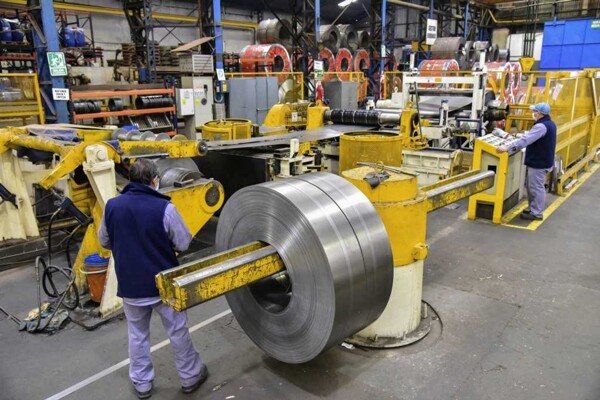
The collection of the Income Tax in January 2025 was significantly high, representing 1.7% of total revenues, a considerable increase from 0.6% in January 2024. In a meeting with leaders of the agricultural liaison table, the Government announced its next measure to eliminate the Check Tax.
In January 2025, there was an exceptional update of the parameters of the Personal Income Tax based on the variation of the CPI for the period from September to December 2024. According to ARCA, the effects of this update will be reflected in the collection of the following month. The Government established that from January to June 2025, the inflation from September to December 2024 will be considered in the taxation scheme.
In October 2024, around 640,837 employees under dependency relations and 96,747 retirees experienced deductions in their income due to the income tax. This figure exceeds the July taxpayers by 171,316. A worker without additional deductions receives deductions with a minimum salary of $2,280,647 and a net salary of $1,892,937, according to ARCA.
The extra tax collection during January offset the end of the PAIS tax in December of the previous year. The Income Tax showed a year-on-year increase of 151.5%, collecting $2,570,020 million. This increase was influenced by the rise in withholdings from employees and retirees, as well as the increase in wages.
In real terms, the increase in the Income Tax contributed 36.2% to the year-on-year increase of 5.7% in collection. Together with VAT, they compensated for the declines in Foreign Trade. The withholdings, which partially supported the collection in the first half of 2024, are losing weight due to the appreciation of the exchange rate. Their decrease will continue as the rates are temporarily reduced. Furthermore, the increase in the fuel tax resulted in a year-on-year increase of 208.6%.













